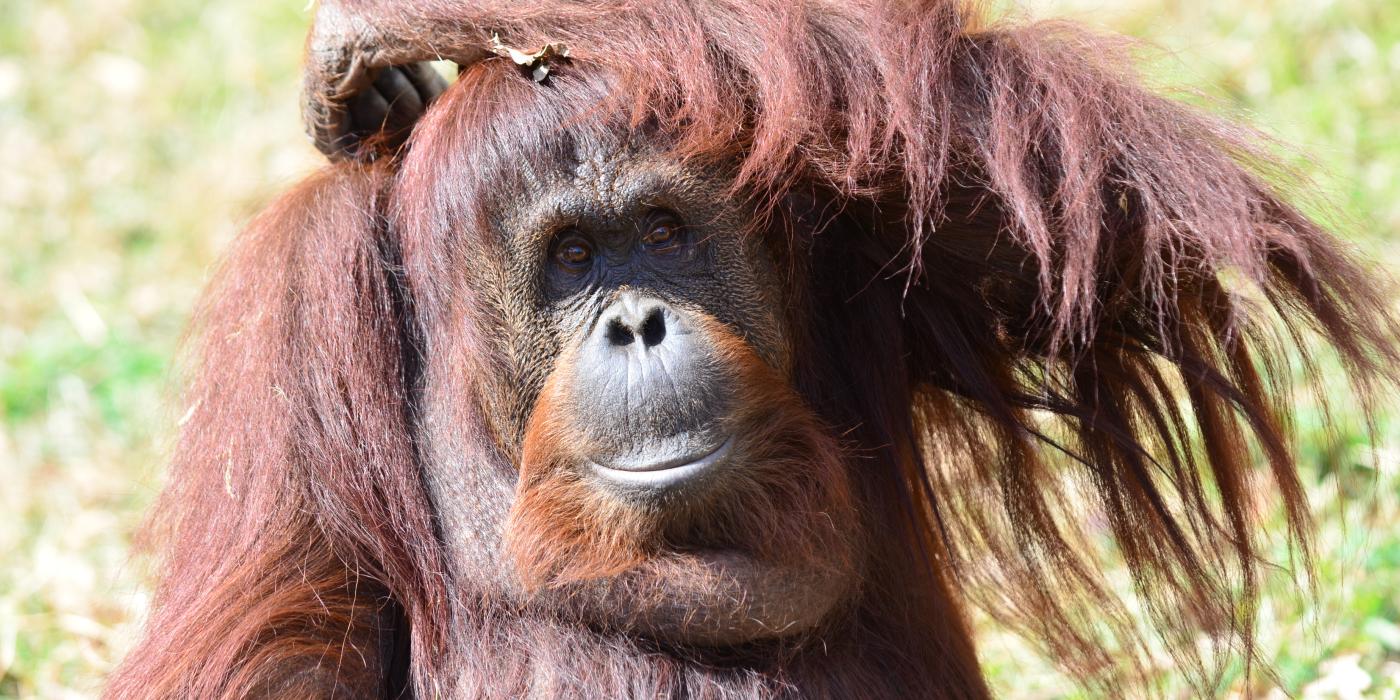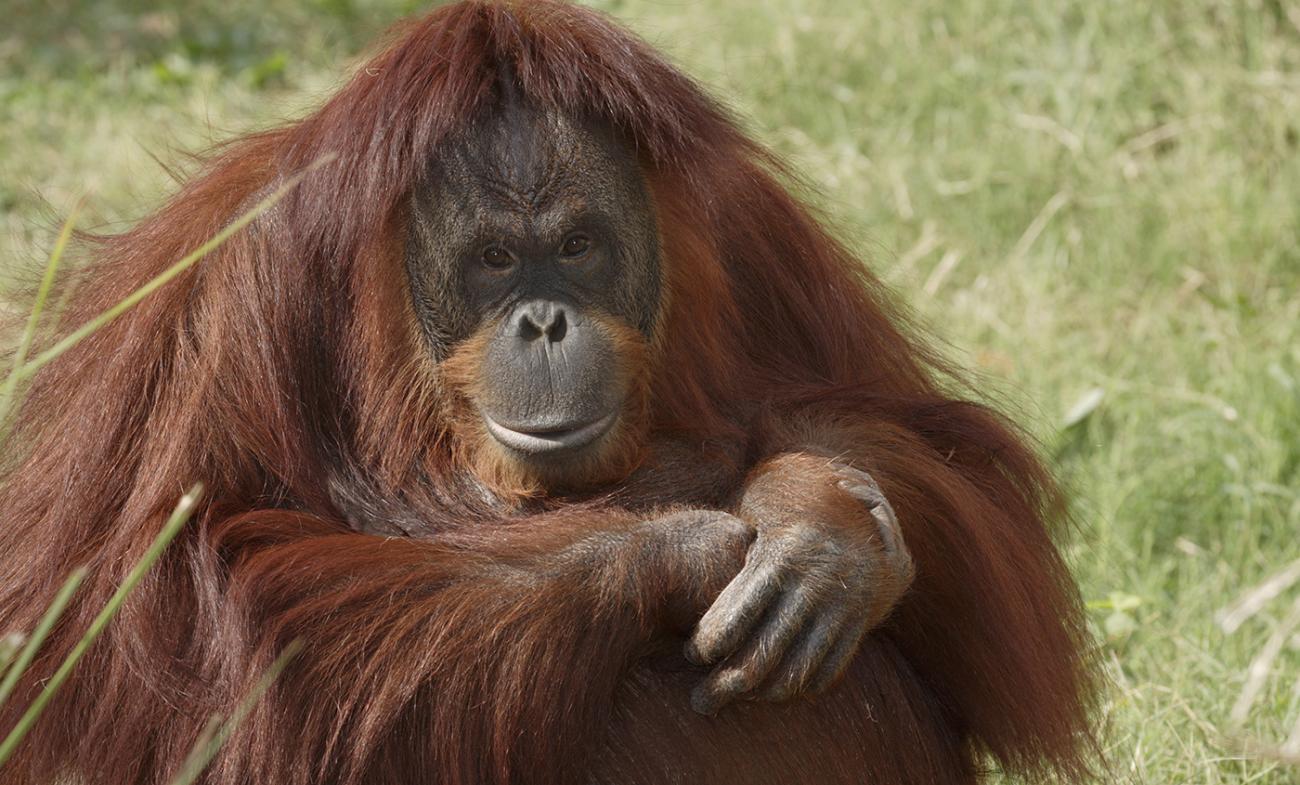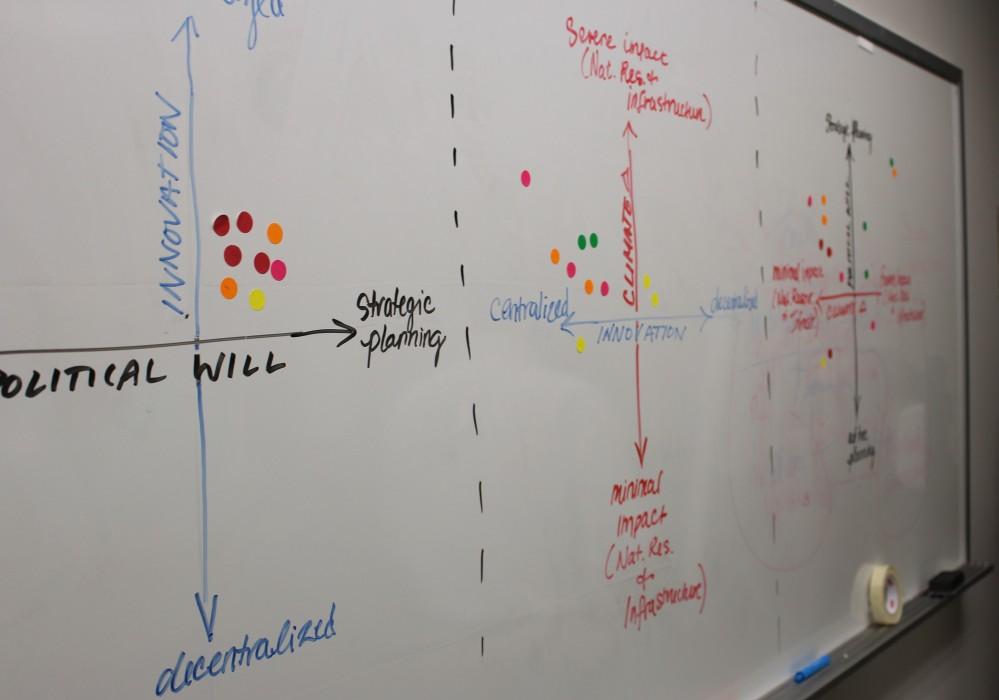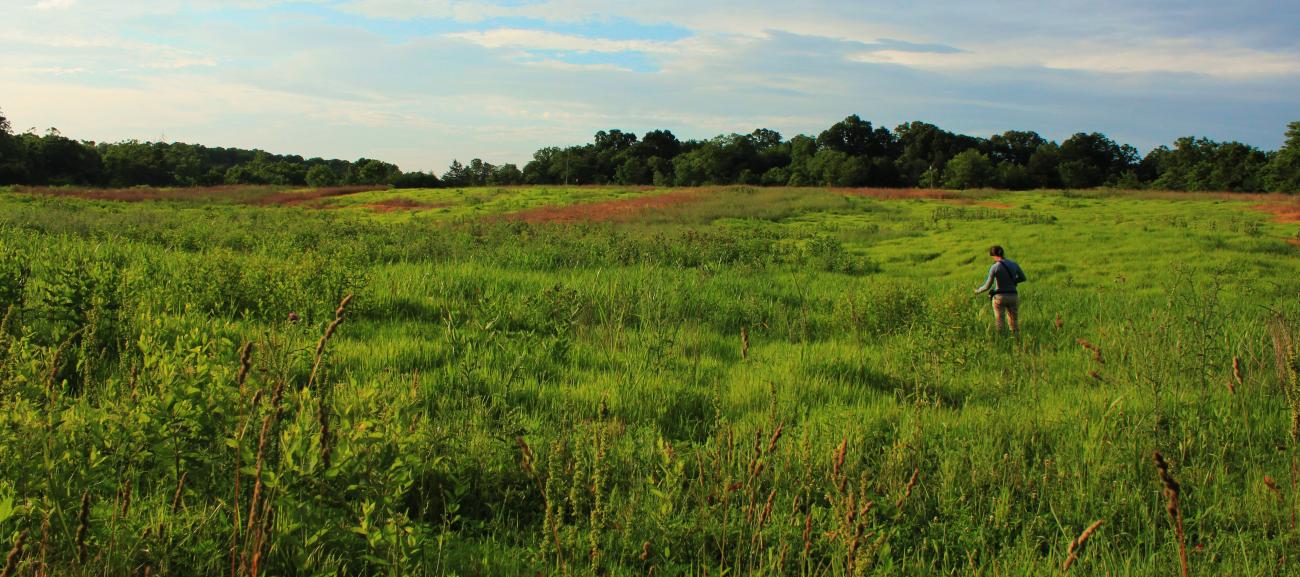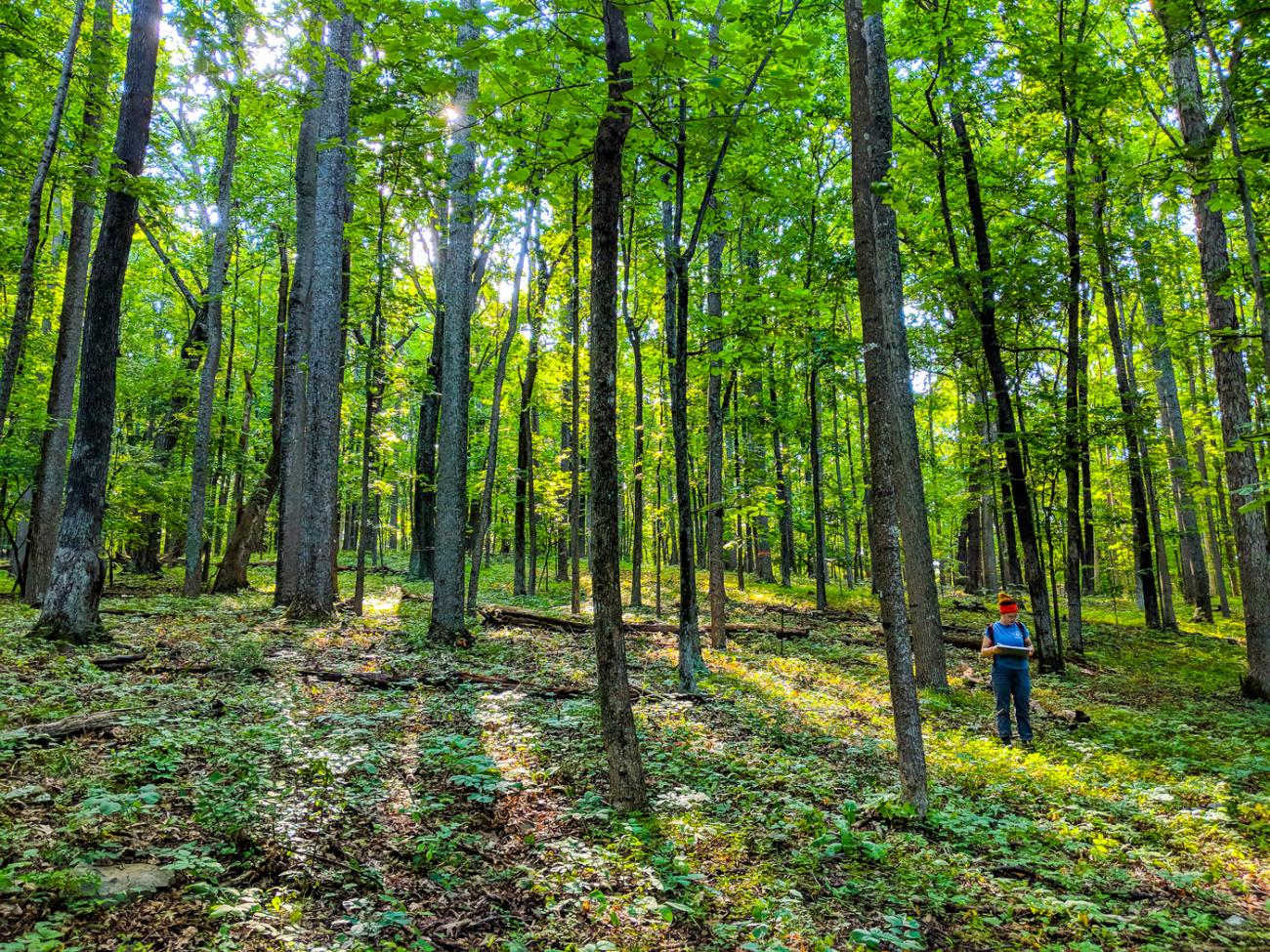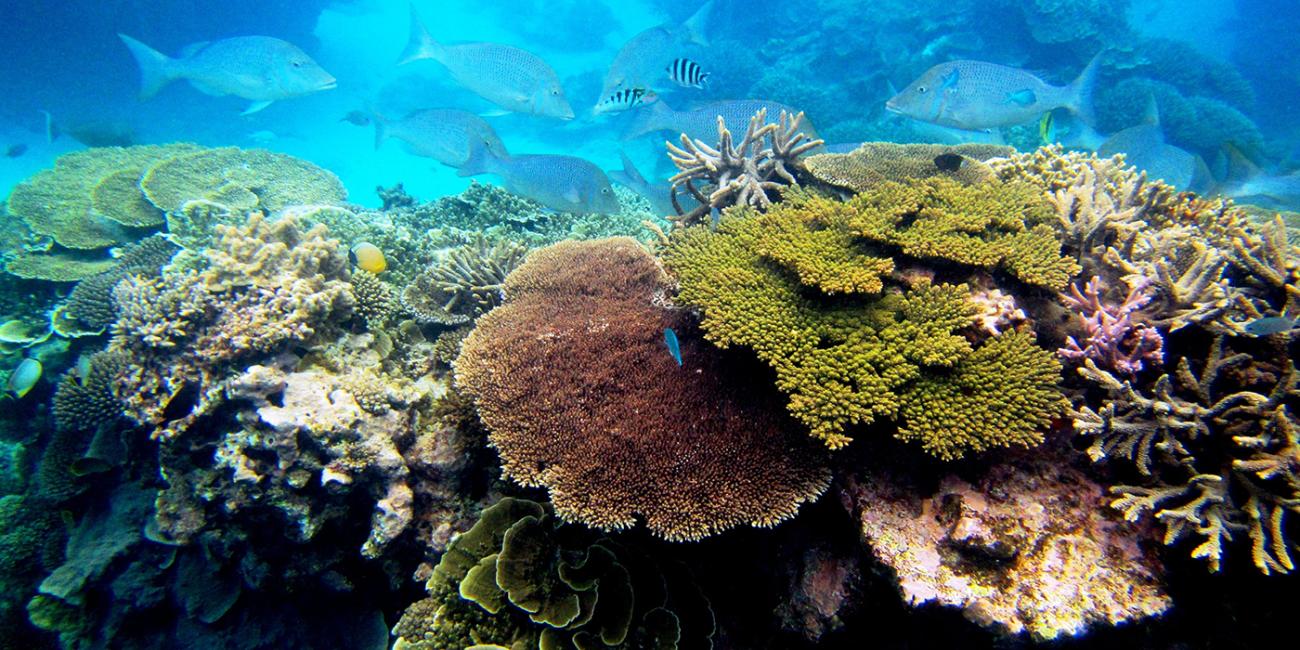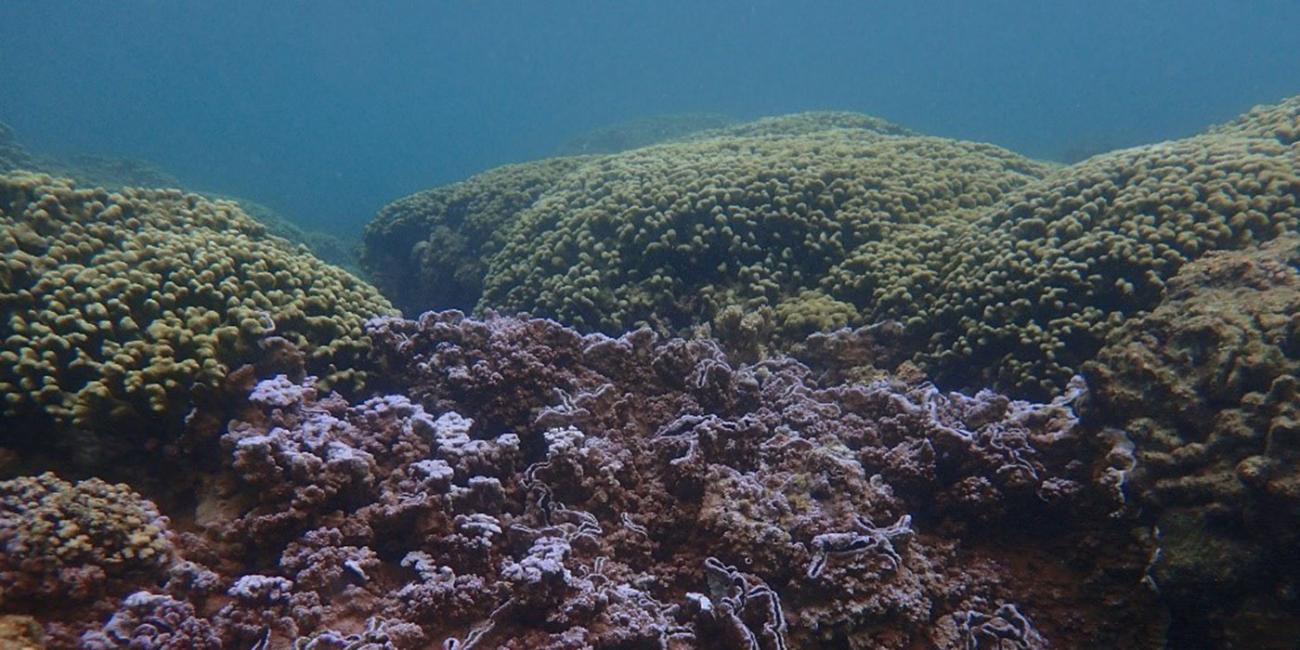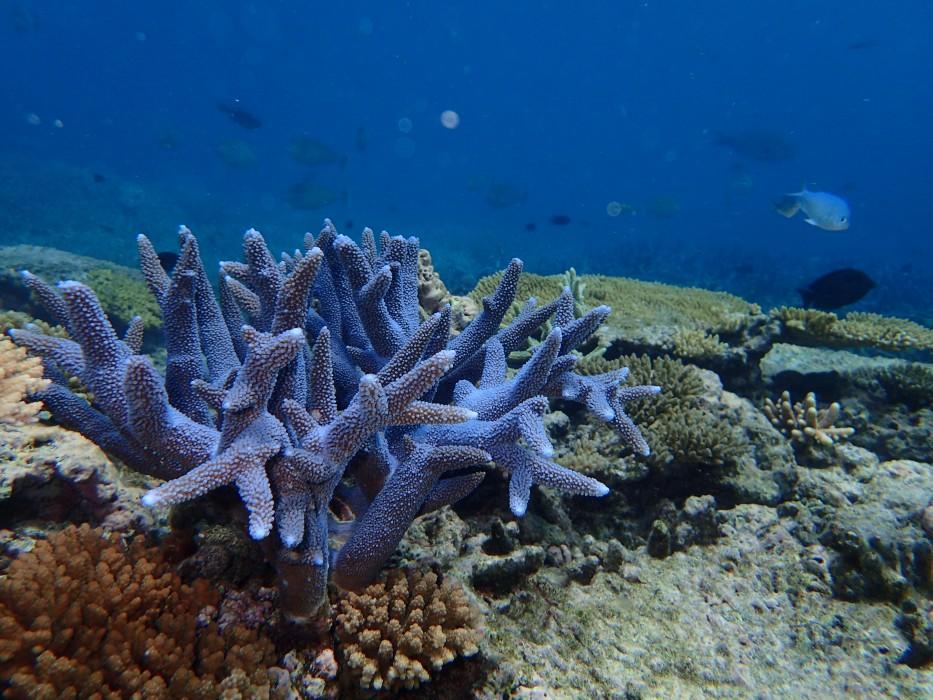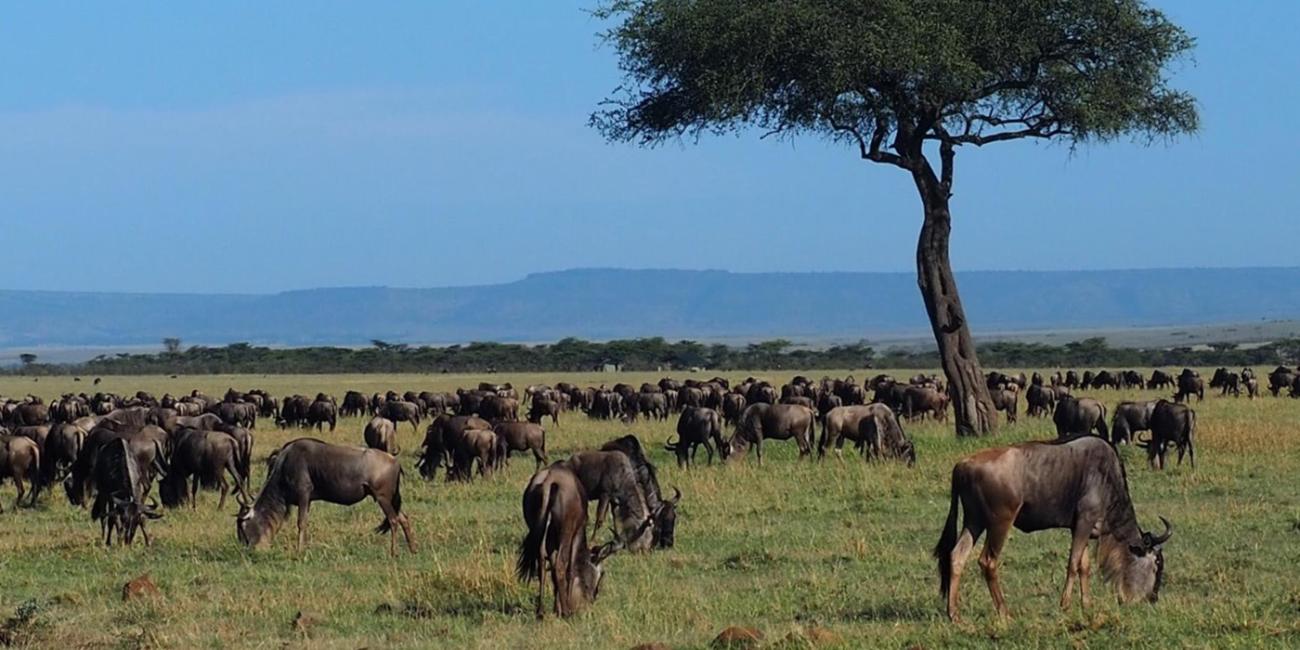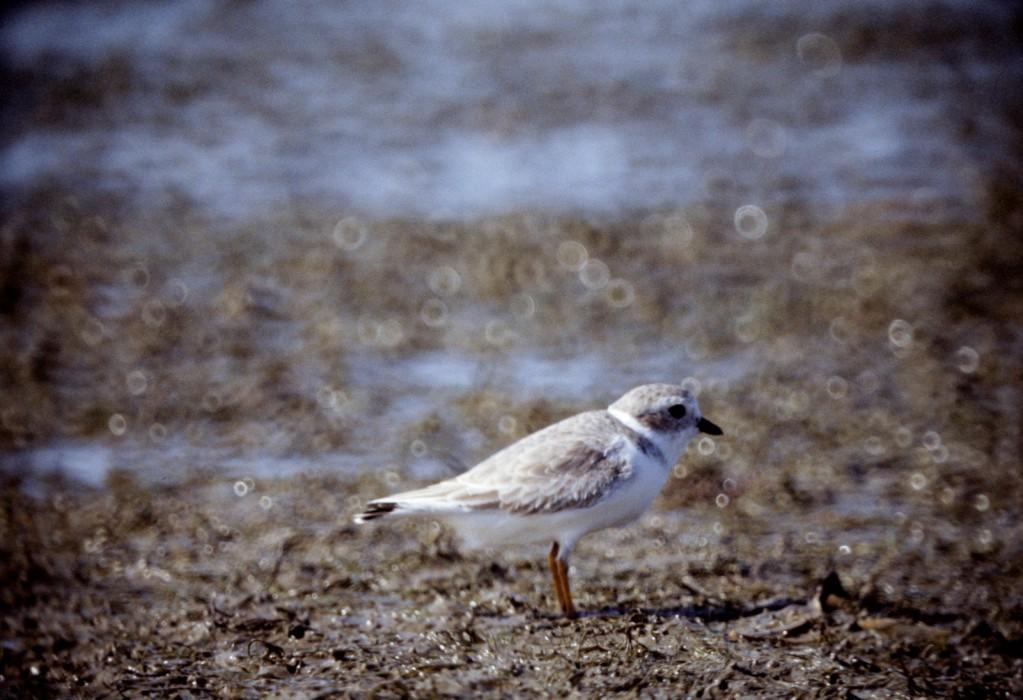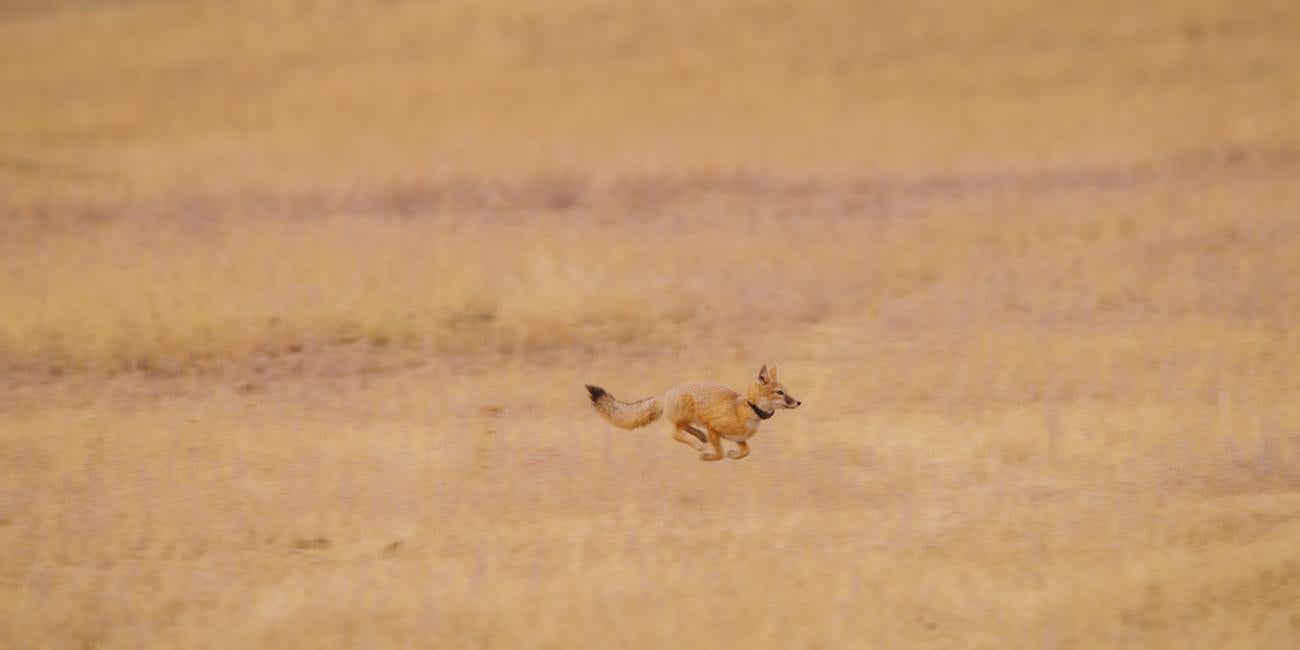Advancing Orangutan Care in Borneo
Habitat loss and fragmentation are forcing endangered orangutans to live in isolated plots of forest with altered ecological conditions and increased human-ape interface. Orangutans rescued from the wild, or victims of poaching and trafficking, are often housed in rescue and rehabilitation centers across Borneo. The Global Health Program is working with International Animal Rescue Indonesia to ensure that disease risk does not pose another threat to these rescued orangutans.
International Animal Rescue Indonesia runs a rescue and rehabilitation center for orangutans in West Kalimantan province, where more than 240 orangutans have been rescued to date and more than 100 are currently undergoing rehabilitation for reintroduction into the wild. This project will investigate some of the most common health-related problems in orangutans at rescue and rehabilitation centers: febrile and respiratory illnesses. Through research and veterinary capacity-building, the team hopes to better understand how these diseases are affecting orangutans. Their work entails identifying the pathogens responsible and discerning the potential mechanisms and factors involved.
This project aims to improve diagnostics, disease reporting, and ultimately the health and well-being of rescued wild orangutans. The results will be used to develop health procedures and standards to reduce the risk of pathogen transmission from rescued orangutans that are reintroduced into the wild. Results will also help the International Union for Conservation of Nature develop more accurate and complete guidelines for the reintroduction of orangutans. Through veterinary training, the Global Health Program aims to advance standards for disease treatment and prevention at rescue and rehabilitation centers and sustain a high quality of veterinary care that will contribute to the survival of orangutans in a rapidly changing natural environment.
